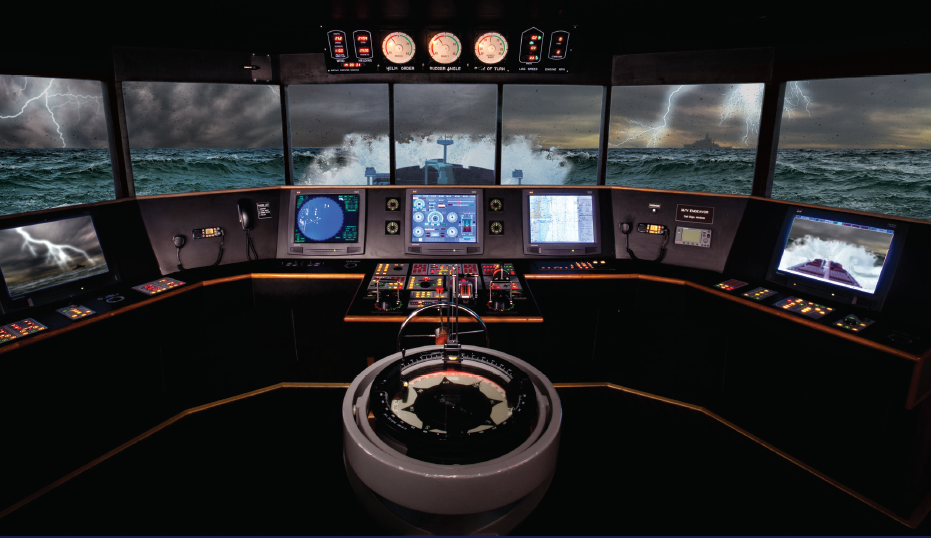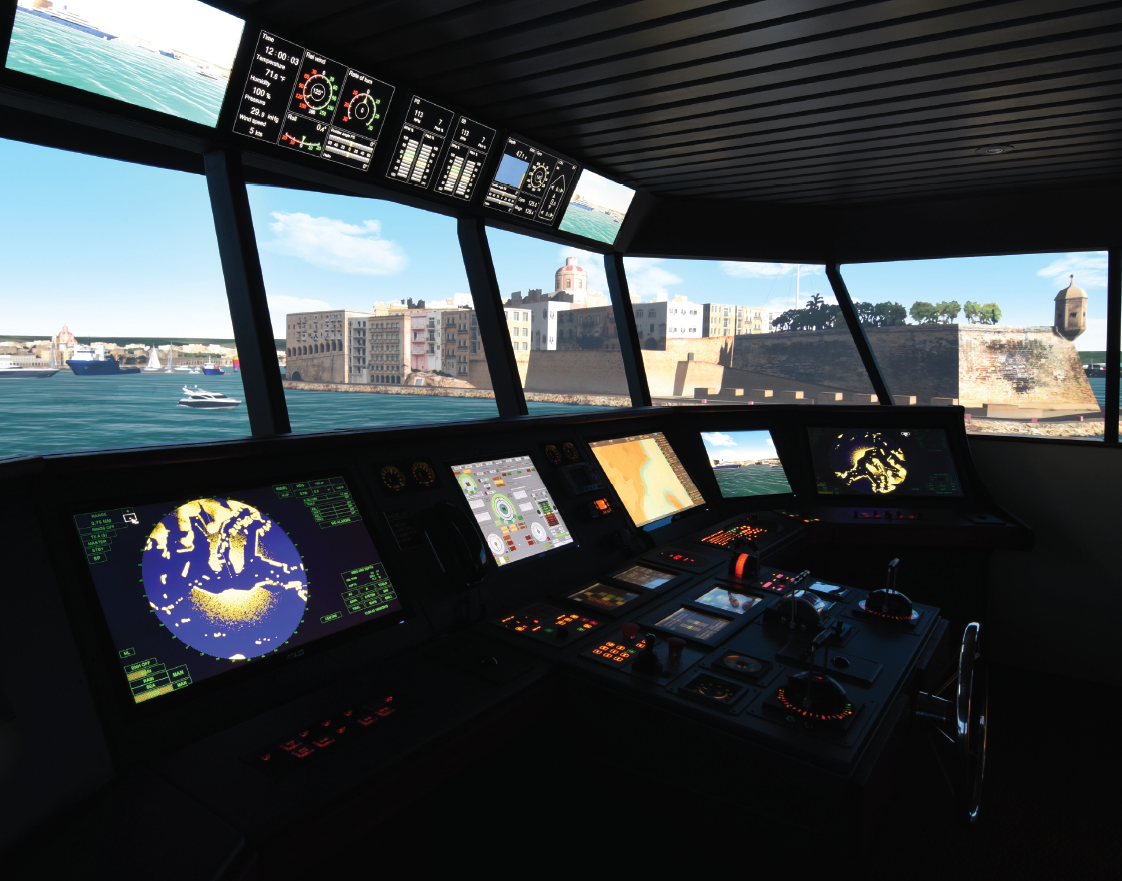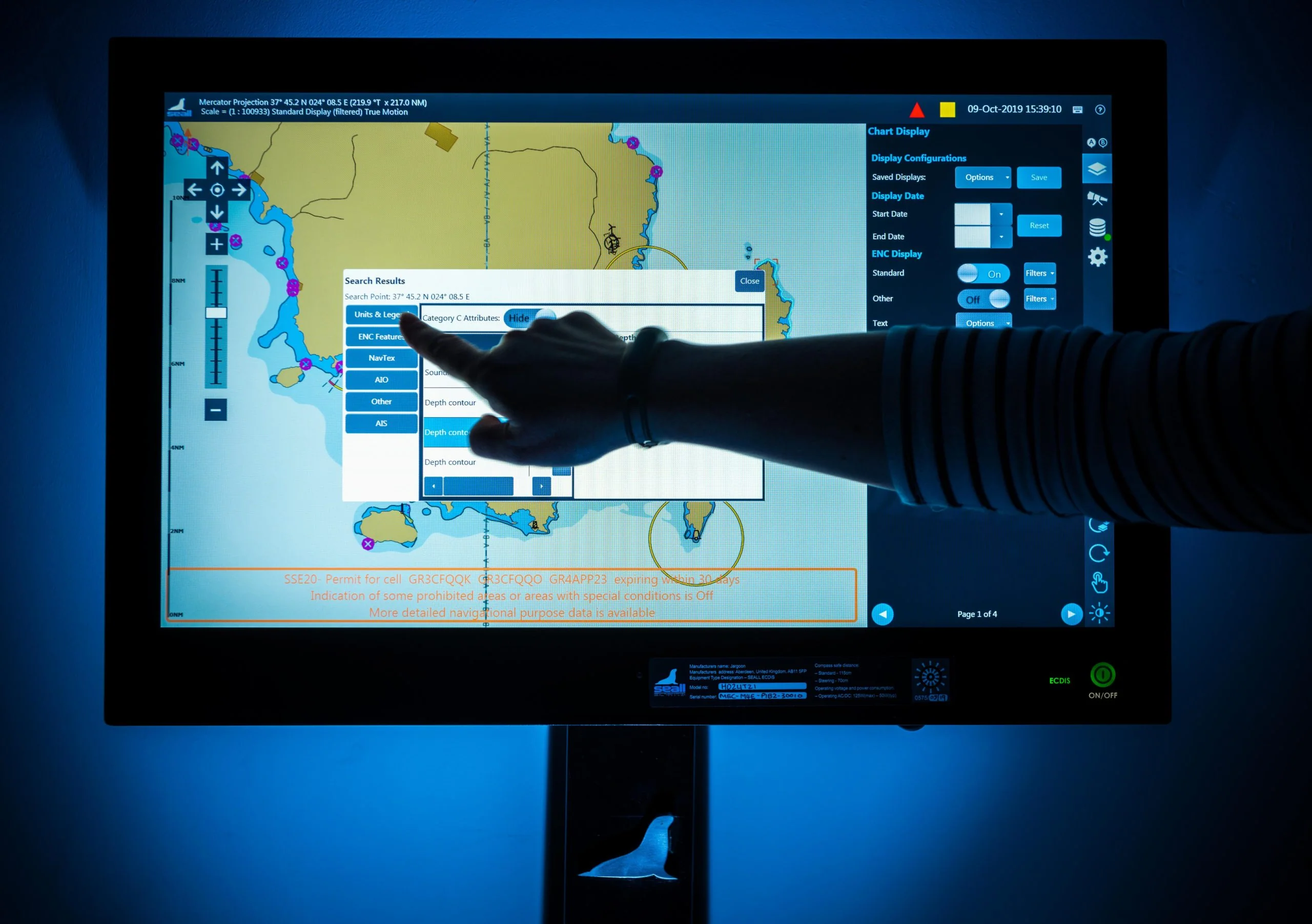In Engine Room Resource Management, the Engine Room Personnel’s performance is crucial to the safety of the vessel. To attain sound and efficient engine watchkeeping, well-defined procedures as well as standing orders from the Chief Engineer, are necessary. The plan of action established is a must to ensure that the duties and responsibilities of engine room members are clearly defined and assigned to every individual accordingly.
Effective Engine Room Procedures will reduce the risk of error that could cause disastrous and irreversible consequences to the vessel.
The syllabus for this course is under IMO Model Course 2.07 addresses the current requirements of STCW 95 section A-VIII/2, Part 4-2, designed to meet the needs detailed in Table A-III/1 and A-III/2 of the 2010 Manila amendments to the STCW Convention and Code.
Engine Room Resource Management includes some crucial elements to achieve its ultimate goal, such as:
TEAM BUILDING: Every engine room member has a role to play or responsibility to do in the engine room. The members of the engine room watch are a team. Teams have members that support one another and enhance each other skills. Teams are goal-oriented; they always get their work done on time. They all must desire to contribute to the safe and efficient operation of the engine room.
SITUATIONAL AWARENESS & ERROR TRAPPING: Situational Awareness is an accurate perception of the factors and conditions that affect the ship and engineering plant during a specified period and situation. Accidents on board, particularly in the engine room; are rarely caused by a single event; usually, a sequence or chain of events (errors) can cause an accident. Breaking this error chain is essential to prevent accidents from happening in the engine room; which is commonly called error trapping.
COMMUNICATION: Communication is defined as the exchange of information, thoughts and feelings; it is the exchange of information in a clear and understood manner. Effective communication within the engine room operations consists of sign language and body language due to the noise inside. Leaders and members alike can be effective communicators if they follow the four simple truths:
1) To simplify your message
2) See the person
3) Show the truth
4) Seek a response or feedback
To know more about Engine room resource management, contact Girik Institute at:
Mobile: +91-7208482484 / 8828102586
Landline No: +91-22-41272900 / 49243022
Email Id: courses@girikworld.com







